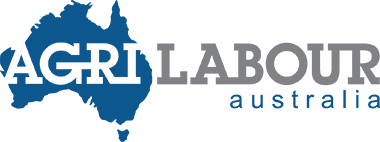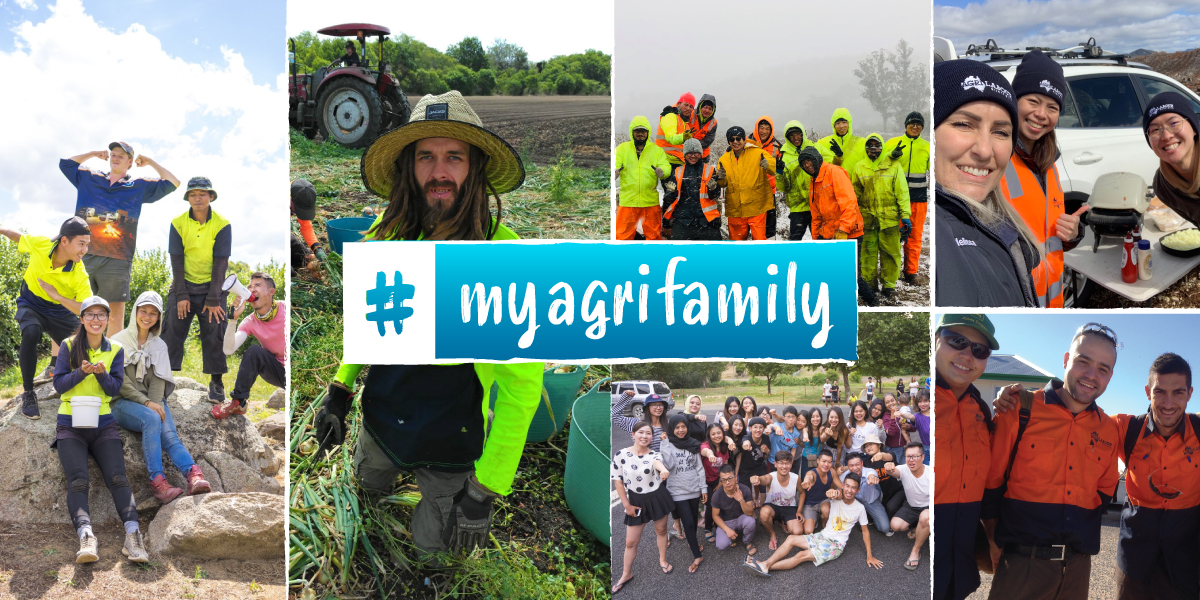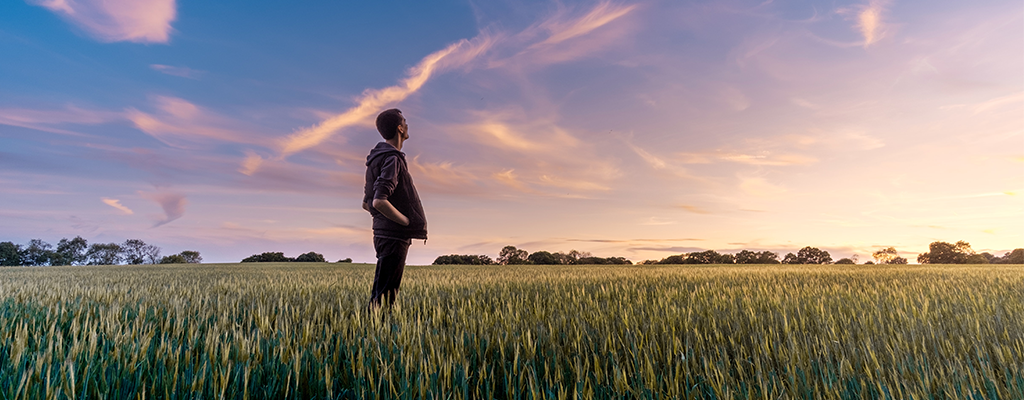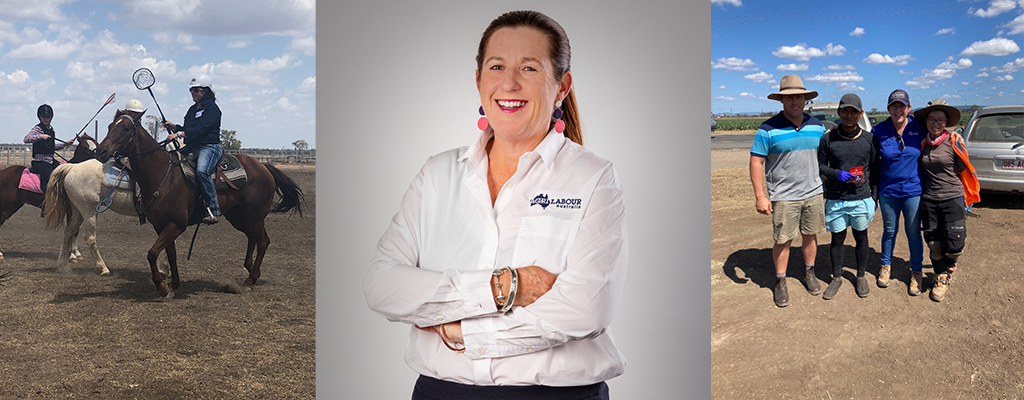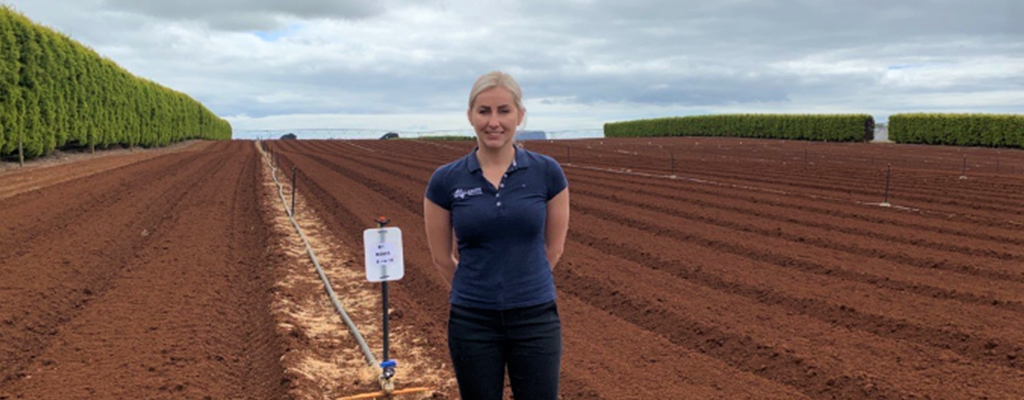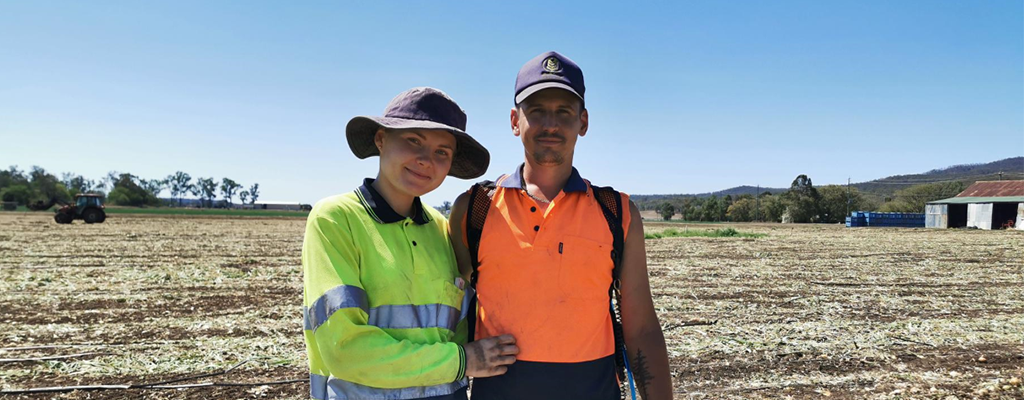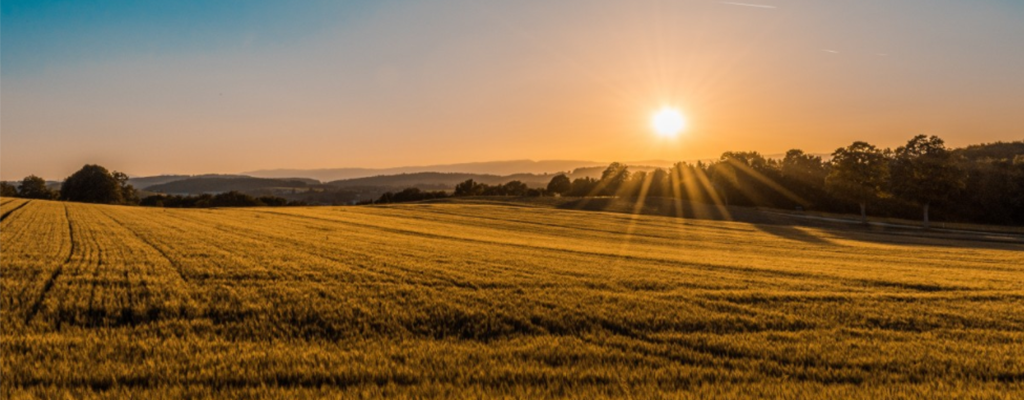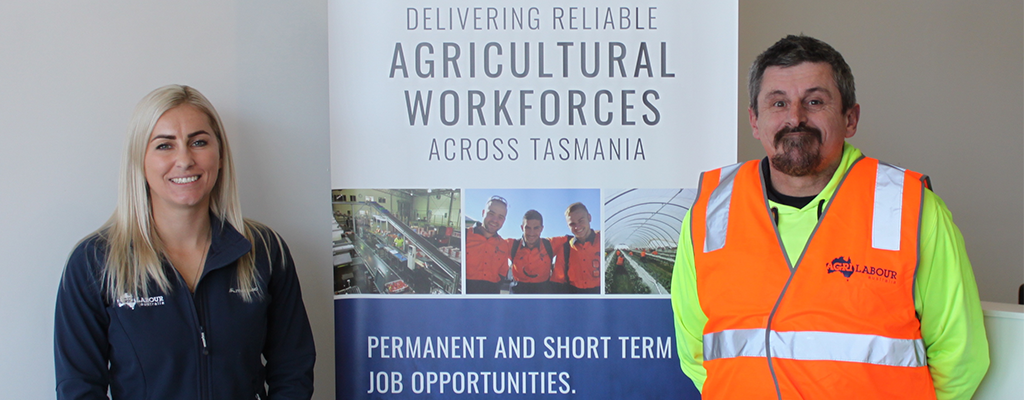Australian agriculture is an exciting and growing sector offering diversity and endless options for school leavers or those simply looking for a new career pathway.
All over Australia, agriculture is booming and with the federal government committed to guide agriculture’s growth to $100 billion by 2030, it’s definitely an industry worth taking a closer look at.
From farm hands, irrigators and pen riders to genetic scientists, sales representatives and tradies, there’s an incredible variety of roles to choose from depending on your interests, skills and abilities.
For many people considering their job options, agriculture may not initially spring to mind. However, there’s a lot more to ag than dirt and dust (there can also be plenty of that!). Today’s farming offers excellent career development, role diversity, travel opportunities and incredible life experiences.
Technology
These days farmers are utilising smarter technology and new methods to get more from their land, improve outputs and to help make better use of their time. Technology also has a big impact on reducing some of the manual labour required on jobs, making some roles easier to do. And, although rural and regional areas are a distance from the major cities, once again technology links these places, enabling people to stay connected and up to date with whatever is happening across the world or at home any time.
Farming now sees drones, smart phone apps, GPS trackers, robots and other advancing technology to support many day to day activities – all making for some pretty interesting work when you get down to it!
Fast Career Advancement
Another major plus working within agriculture is the ability for good workers to quickly progress their careers without always needing qualifications. Learning on the job sees you gathering skills and information that are then applicable across a range of roles. Using the poultry industry as an example, it’s not unusual for someone to start as an egg collector/packer and then advance to a supervisor or manager within 18 months (performance based).
Smart business operators reward good workers with promotions and pay rises to ensure the knowledge stays within the business for better continuity and improved workplace culture.
Personal Reward
Like every industry, agriculture has its challenges. Australia’s dramatic landscape has seen us in the grip of drought, fires and floods but our farmers stay working because they love it. When you work in agriculture, you can be confident you are making a genuine contribution to a much bigger picture. Without farms, there’s no food and no textiles for clothing – every single job on every farm helps feed and clothe someone in the world, which is pretty impressive when you think about it.
Lifestyle
Rural and regional living offers the best of both worlds with many country towns offering a thriving community with great people, excellent sporting grounds, schools, adventure, incredible scenery and much cheaper accommodation.
Tens of thousands of people flock to Australia every year for seasonal work but there are many who choose to stay working in remote areas because they fall in love with the work, the communities and the people living in it.
Livestock, horticulture, Fast Moving Consumer Goods (FMCG), cotton, grain, dairy, aquaculture, food production, poultry, medicinal crops and more – each of these industries is supported by thousands of people who each play a pivotal role in the Australian agriculture sector.
So, when you’re considering your career options, take the time to look at agriculture and see how you too, can be part of this amazing industry.
